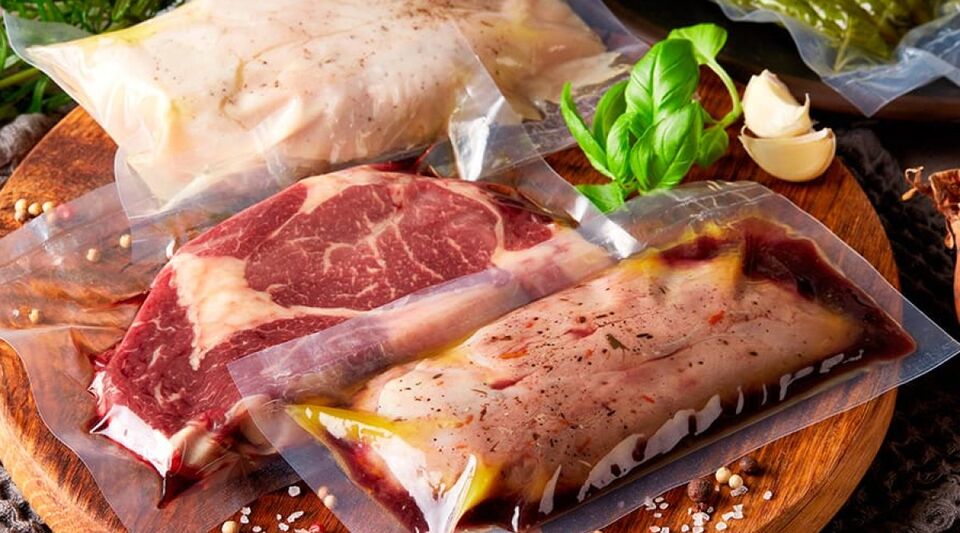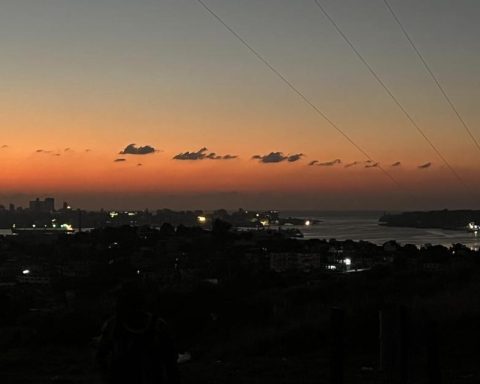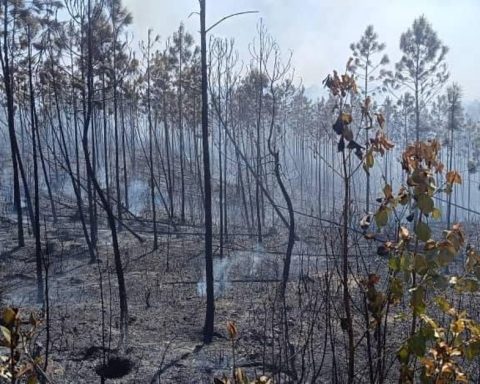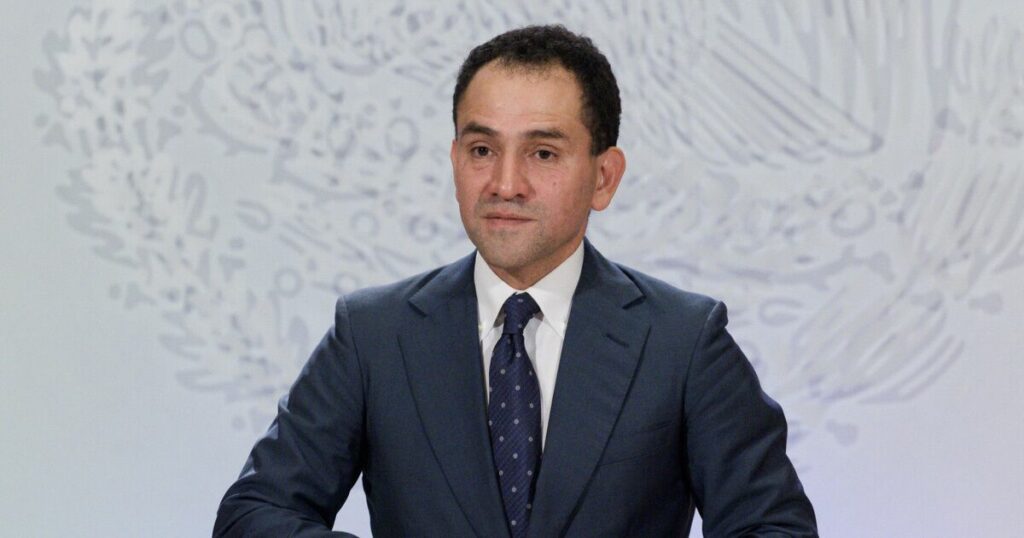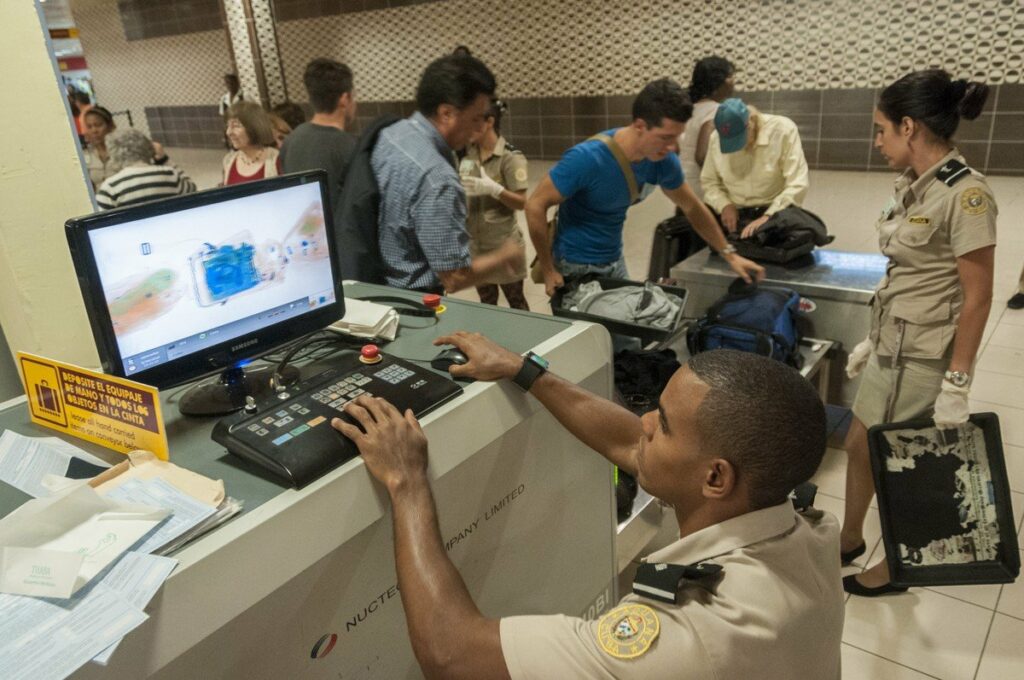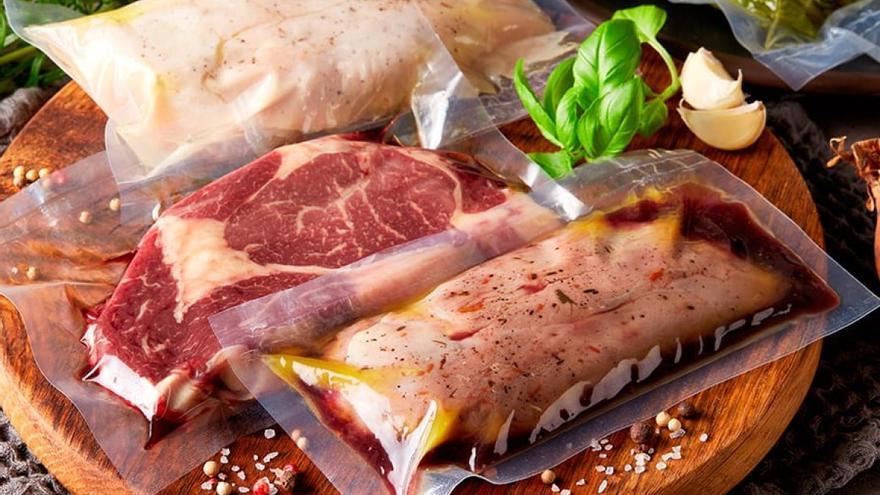
Cubans will now be able to import fresh meat, sausages, seafood and other foods, as long as they are vacuum-packed for travelers and natural persons, according to a resolution released this Tuesday by the Ministry of Agriculture and the National Center for Animal Health. This document relaxes a previous provision, published in Augustwhich prohibited the importation of several products whose entry will be free from now on.
According to the text, “facilities” will be granted to those who transfer to the Island any meat in fresh, frozen, dehydrated and semi-processed states, such as hamburgers and hash, with the only condition that they arrive correctly sealed and identified.
Cold meats such as ham, sausages and salami may be imported, but on a temporary basis, if they are in the same packaging conditions
Cold meats such as ham, sausages and salami may be imported, but on a temporary basis, if they are in the same packaging conditions.
The authorization for the entry of canned goods of any kind will be maintained, including those of marine products, powdered milk, UHT fluid milk (processed at high temperatures) and dairy desserts, as well as mature pasteurized cheeses.
The entry of unpasteurized milk and dairy products, as well as meat “from wildlife”, in any form of conservation, remains “absolutely” prohibited. The purpose of maintaining this restriction is “to prevent the introduction of biological agents that cause harmful diseases to domestic animals, wildlife and man in the case of zoonoses.”
The Ministry of Agriculture also provides a list of “eligible countries” for importation, which “could be modified in relation to changes in the animal health situation” of the places of origin of the food.
The countries, whose name must appear clearly on the product label, are Spain, the United States, Portugal, Canada, Mexico, Panama, Costa Rica, Nicaragua, Brazil, Argentina, Chile and Uruguay.
If any traveler brings products “whose packaging suffers any breakage or deterioration”, the text provides for their immediate confiscation and incineration.
If any traveler brings products “whose packaging suffers any breakage or deterioration”, the text provides for their immediate confiscation and incineration
The new regulation tries to alleviate the food shortage in Cuba, submerged in a crisis of agricultural production of great dimensions. The scarcity and difficulty in finding food, rising inflation and the need to resort to the foreign exchange market, both state and informal, make the food issue one of the most delicate for the population.
This measure is taken weeks after the Government has issued a Food Sovereignty Law. The legislation then promised “to produce food in a sustainable way and give the entire population access to a sufficient, diverse, balanced, nutritious, safe and healthy diet, reducing dependence on external means and inputs with respect for cultural diversity and environmental responsibility” .
The regulations executed by the Ministry of Agriculture not only contradict the text on food sovereignty, but also continue to seek abroad the solution to the food problem in Cuba, a country that imports around 80% of the food it consumes.
________________________
Collaborate with our work:
The team of 14ymedio is committed to doing serious journalism that reflects the reality of deep Cuba. Thank you for joining us on this long road. We invite you to continue supporting us, but this time becoming a member of our journal. Together we can continue transforming journalism in Cuba.
